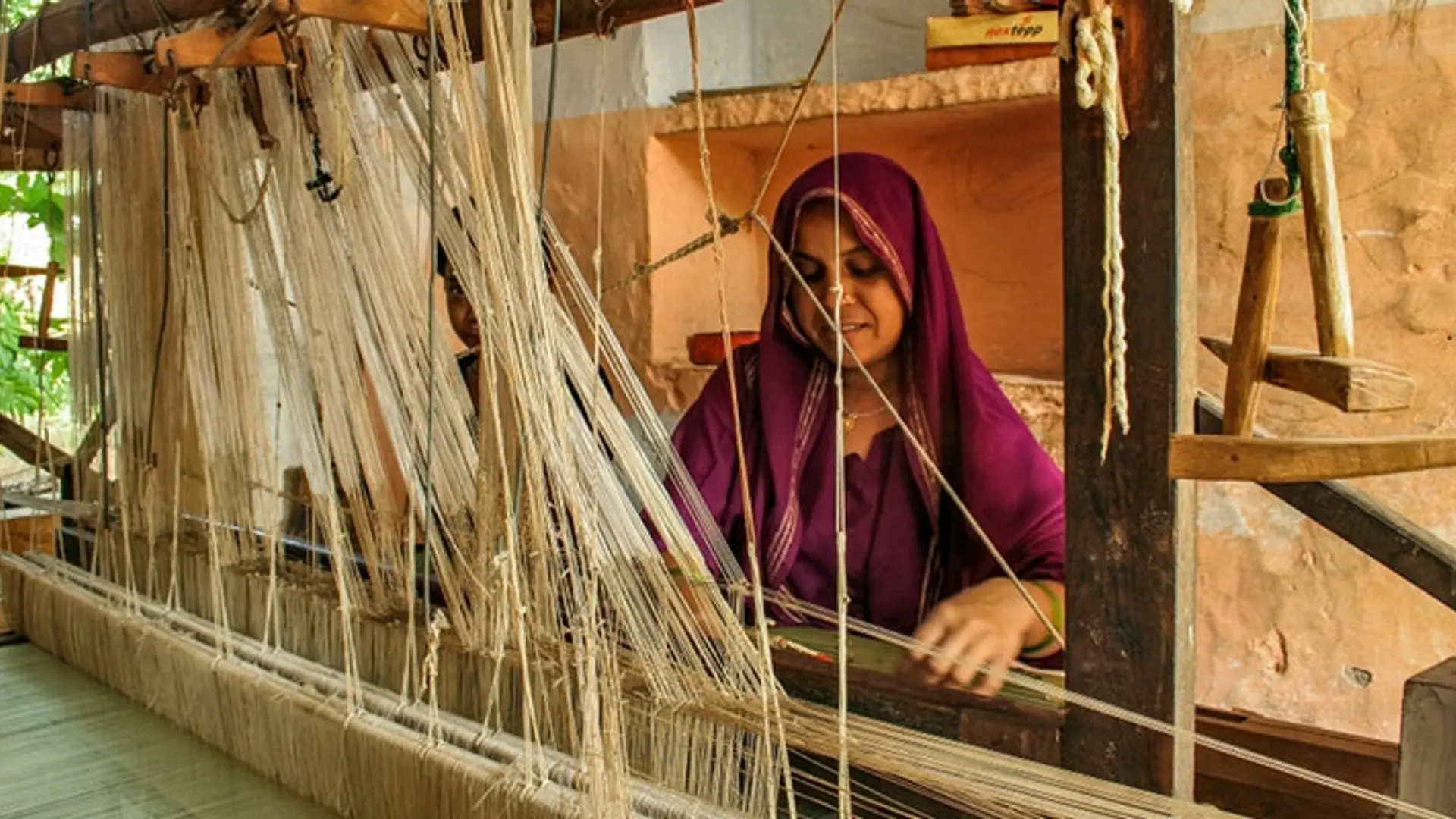Bright spark: This 52-year-old wires and cables brand clocks a turnover of Rs 4,884 crore
Started with an investment of Rs 1 lakh in 1968, KEI Industries now serves retail and institutional clients, and exports to 50 countries.
A business that began with the sale of electrical wire cables from New Delhi’s wholesale markets has over half a century grown into an end-to-end solutions provider for retail and institutional clients, with exports reaching 50 countries.
Along the way, KEI Industries Ltd has also listed on the stock exchanges and logged a turnover of Rs 4,884.27 crore in 2019-20.
Chairman and Managing Director Anil Gupta tell SMBStory the wires and cables market in India did decline in 2020 due to the COVID-19 lockdown. But with infrastructural development projects expected to increase, he says losses are likely to reduce this year.
Growing in strength
Anil joined KEI at the age of 20 in 1981 to help his father, DN Gupta, who had started it as a partnership firm in 1968 with an investment of Rs 1 lakh drawn from personal savings.
In the beginning, it was called Krishna Electrical Industries and used to manufacture rubber-insulated house wire cables that were sold at Bhagirath Palace and Nehru Place markets in the national capital.
In 1977, the company started making switchboards and wires for the postal and telecom department, continuing this till 1985. The manufacturing took place in New Delhi’s Okhla, now the headquarters of the company. In 1985, KEI added control instrumentation and thermocouple cables to its product portfolio.
Anil has been carrying forward the legacy of his father since his passing in 1993.
“I have inherited the entrepreneurial spirit from my father,” says Anil. “Though we spent very little time in the company together, I learned a lot from him and applied it to the business.”
KEI became a public limited company in 1992 and listed on the capital markets in 1995.
By that time, the company had added PVC/XLPE power cables of up to 33 kV to its product catalogue and was catering to oil and gas refineries.
“Business was expanding and for increasing production, we needed manufacturing set-ups,” says Anil. “Hence, we built a plant at Bhiwadi in Rajasthan and then every two years we were adding manufacturing plants to the existing set-ups or launching new facilities.”
At present, KEI has manufacturing facilities in Bhiwadi, Pathredi in Gurugram district, and Silvassa in Dadra and Nagar Haveli. The company set up its fifth plant in Dadra and Nagar Haveli last year. Its research and development centre is also located in Bhiwadi.
Over the last two decades, KEI has extended its range in the extra-high voltage (EHV), medium voltage (MV) and low voltage (LV) cable categories to make 11 kV rubber cables, 33 kV high-tension cables, and EHV cables in the 66-220 kV range.
Market reach
With a large product range to meet the needs of clients in various sectors, KEI has a significant presence in the domestic wires and cables market. The market is projected to grow at a compound annual growth rate of 6 percent in the 2020-26 period, according to a May 2020 report by 6Wresearch.
KEI supplies wires and cables, as well as end-to-end solutions to retail and institutional clients including railways, metro railway, petrochemicals, cement, steel, power, hydel, solar, thermal, oil and gas, construction, and exports sectors.
The company has a distribution network of 1,650 retail stores in the country.
In 2002, KEI started exporting to West Asia and received the domestic ISO 9001 and International Occupational Health and Safety Management Standard certificate in 2011. Its products are also tested as per international standards.
In 2014, KEI set up offices in Singapore, Nigeria, and Kazakhstan and signed a partnership pact with Switzerland-based Brugg Kabel AG in December 2016 to manufacture EHV cables.
At present, KEI exports to 50 countries and sources raw materials locally, except copper, high-voltage cables of above 130 kV, and fire-proof tapes, which are imported from China.
Challenges and competition
“One of the biggest challenges is on the demand side,” says Anil. “The government should invest more in infrastructural development to create more demand and encourage businesses in India. This will not only help market leaders, but also small businesses that are our ancillaries.”
KEI competes with companies including , Finolex, and Havells. According to the company’s annual report for 2019-20, sales of its EHV cables grew 130 percent, while exports surged 69 percent.
Besides continuing to serve B2B clients, Anil says the focus is on growing in the retail market.
Edited by Lena Saha









